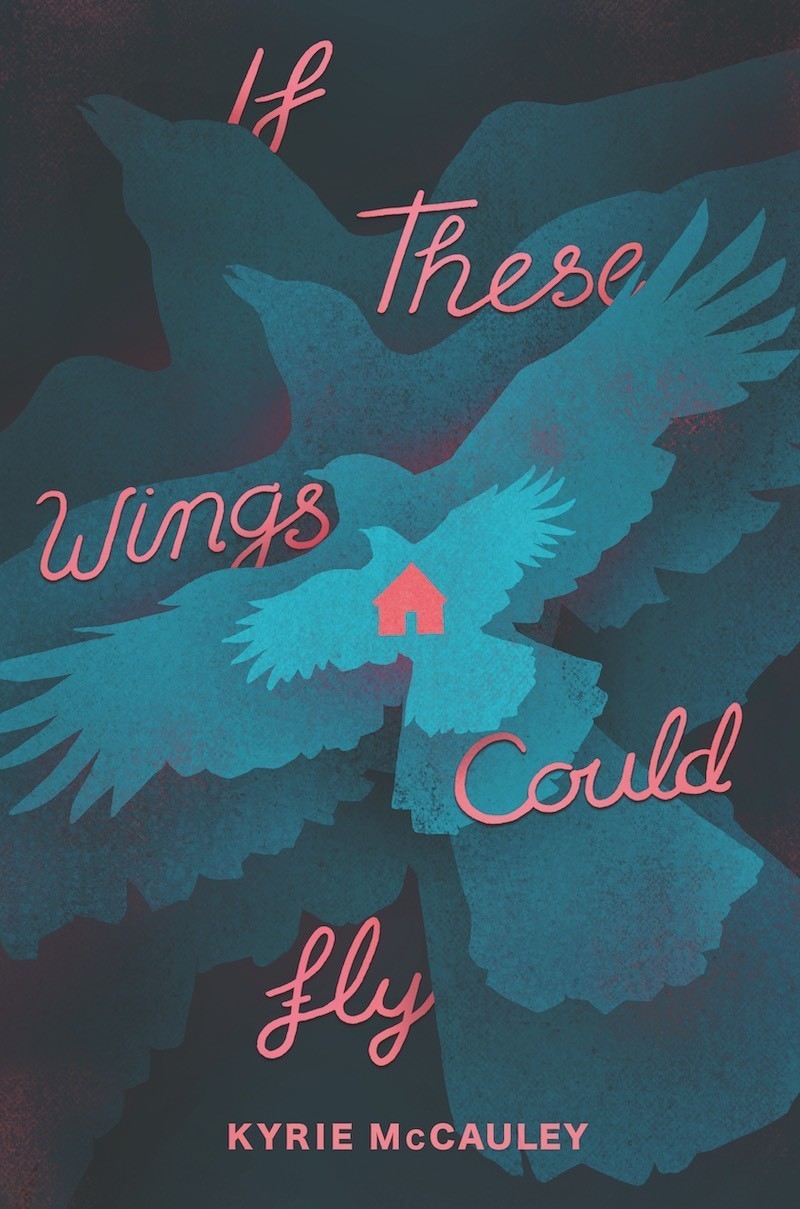Chapter 73
byChapter 73 of If These Wings Could Fly takes readers deep into the narrator’s emotional struggle as they confront the destructive fire that has erupted. While they firmly assert that they did not physically start the blaze, there is a clear undercurrent of guilt, suggesting that their inner turmoil may have played an indirect role in igniting the flames. The narrator is caught in a conflict between denial and acceptance, acknowledging that while they may not have directly set the fire, their feelings of anger and resentment could have contributed to the situation in ways they may not want to admit. The emotional complexity of this moment reveals a deeper truth about their internal state—feelings of fear, helplessness, and long-standing frustration have been quietly brewing, waiting to be released.
The imagery of fire serves as a powerful symbol throughout the chapter, representing the narrator’s long-buried emotions. Their bitterness and resentment, which had been smoldering under the surface for years, are now brought into the open as they manifest into the uncontrollable blaze. The vivid phrase “Burn, baby, burn” rings out like a mantra, capturing the narrator’s secret longing for release and transformation through destruction. This desire for emotional release becomes the catalyst for their ambivalence toward the fire—while they didn’t initiate it, there is a part of them that finds relief in watching the flames spread. The fire becomes a metaphor for both the destruction they seek and the potential for a new beginning. For the narrator, the blaze represents a chance to break free from the weight of their accumulated emotions and seek a kind of emotional renewal, even if it means embracing chaos in the process.
As the fire rages on, the narrator’s response reflects a deeper struggle with their own emotions. Though they didn’t set the fire in motion, their decision not to stop it when they could have suggests a quiet acceptance of the destruction. There is an almost paradoxical thrill in watching the fire grow, revealing an internal desire for change that the narrator is reluctant to confront directly. By choosing not to extinguish the flames, they seem to acknowledge a darker part of themselves that might secretly long for the upheaval and chaos the fire represents. The narrator’s inaction speaks volumes about their need for something to shift in their life, even if it means giving in to the destruction they fear. This inner conflict is the crux of the chapter, offering a glimpse into the narrator’s psyche and their struggle with both their past and their desire for liberation.
The chapter offers a profound exploration of the complexity of human emotions, especially how anger and bitterness can lead to destructive impulses. However, it also reveals how such impulses can be tangled with a yearning for change and self-liberation. The narrator’s internal battle, torn between guilt, desire for release, and acceptance of chaos, forces readers to question the true nature of personal accountability and the thin line between intention and consequence. In many ways, this chapter asks us to reflect on the way we deal with our own repressed emotions and how they might eventually find expression—sometimes in ways we cannot control. The narrator’s experience serves as a poignant reminder of the power of suppressed emotions and the potential for both destruction and rebirth that lies within us all. As the fire burns, it is not just an external event—it becomes a mirror of the emotional turmoil and transformation that the narrator is undergoing, symbolizing their complex relationship with themselves and the world around them. Ultimately, the chapter forces readers to examine the consequences of their own emotional lives, questioning the fine line between wanting to let go and the risks involved in embracing that release.

